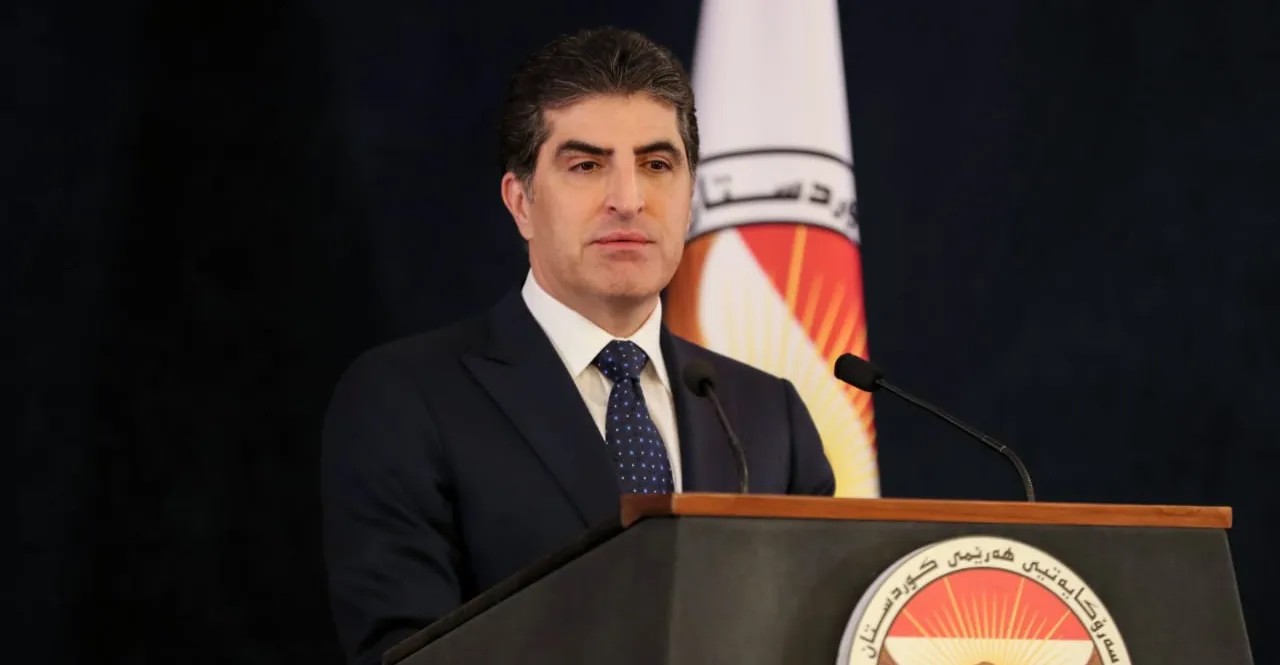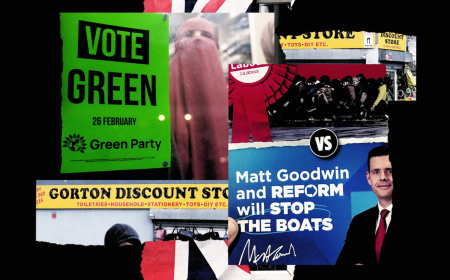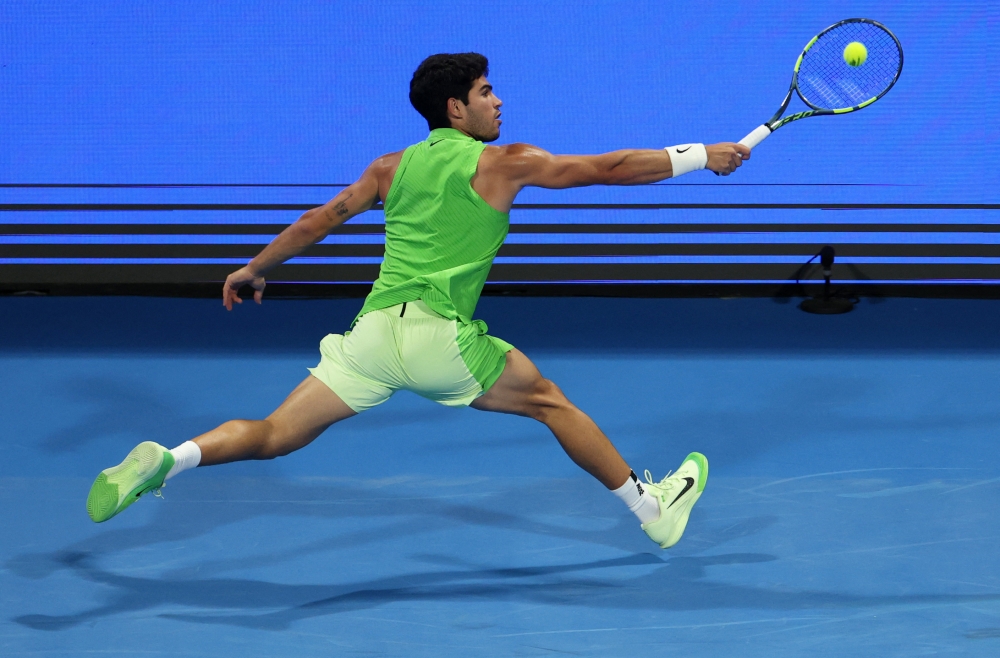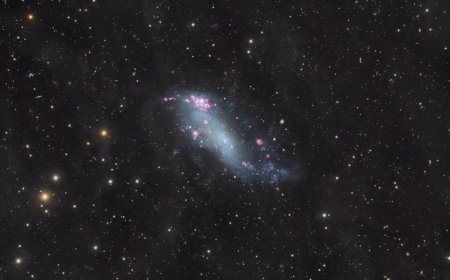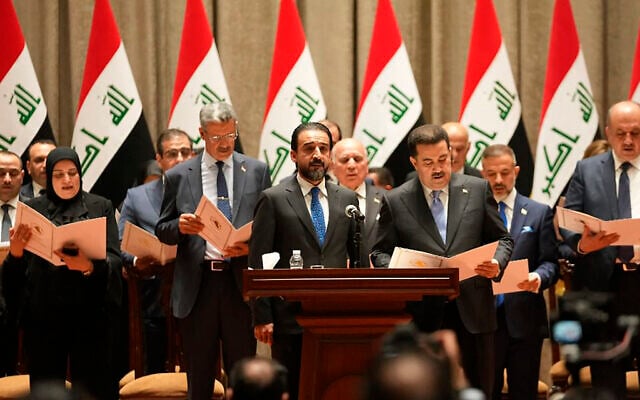Why Trump’s lavish Saudi courtship leaves Israel on the backfoot
Pageantry and trillion-dollar promises reveal how Washington’s loyalties may be tilting toward the Gulf

The White House welcome bestowed on the Saudi crown prince, Mohammed bin Salman, was the most lavish of the Trump presidency, and a gaudily clear statement of its foreign policy priorities.
It was billed as a mere working visit, but it was more extravagant than any previous state visit. The president greeted the prince on the south lawn, the White House’s biggest stage. There were uniformed men on horses bearing flags and a flypast of fighter jets.
Once inside the newly gilded Oval Office, Trump came across as a man besotted. He grabbed at the prince’s hand and declared more than once what an honour it was to lay claim to the royal friendship. When a journalist pierced this golden bubble by raising the 2018 murder and dismemberment of the Washington Post journalist Jamal Khashoggi – the main reason Prince Mohammed had not visited for seven years – Trump lashed out, lambasting the reporter and her network, ABC.
He declared that Khashoggi was “extremely controversial” and not universally liked (as if those were grounds for being butchered) and insisted the prince had known nothing about the murder in Istanbul by Saudi state operatives, in direct contradiction of the conclusions drawn by US intelligence.
Trump’s disregard for human rights and US intelligence agencies and his blatant fandom for autocrats are nothing new. US foreign policy had already shifted decisively in that direction in January, as soon as he took office for the second time. If there was a real shift on show during Prince Mohammed’s visit on Tuesday, it was in the skies over Washington.
The F-35 stealth fighter jets on show in the flypast for the visiting royal are up for sale to Saudi Arabia, Trump confirmed. The sale would not be conditional and the specifications of Saudi F-35s would be the same as Israel’s.
If the deal goes forward, it will cut against one of the abiding principles of US-Israeli relations – that Israel always gets to buy the best military hardware, giving it a prized “qualitative edge” over other US allies in the region. Appearing to dump that principle, Trump made clear that both countries would get the best as they are equally close to Washington.
“[Saudi Arabia] is a great ally and Israel’s a great ally,” the president said. “As far as I’m concerned, I think they are both at a level where they should get top of the line.”
That is not language that Israel likes to hear out of Washington and it was the latest of several setbacks in the bilateral relationship in recent months.
Potentially of equal importance to the F35 sale, the administration has announced it would lift the ban on selling advanced AI chips to Saudi Arabia and the United Arab Emirates (UAE). The decision significantly boosts Riyadh’s ambitions of becoming a global tech hub with vast energy-intensive datacentres that will be the foundations of the global AI economy in which Saudi Arabia and the US could take a lead together.
Gregory Gause, a visiting scholar at the Middle East Institute in Washington, compared the ambitions of a US-Saudi partnership in the AI economy with the US corporate-led development of Saudi oilfields in the 1930s.
“It could be a real solid link between the countries – a better guarantee of an American commitment to Saudi security than anything that could be written on a piece of paper,” Gause said.
There were other recent events which suggested at least a temporary US move away from Israeli primacy in Middle East policy. On Monday, a US-drafted UN security council resolution included language about a possible pathway to an independent Palestine, despite desperate Israeli efforts to have the clause removed.
A few months earlier, at the end of June, Trump lifted some sanctions on Syria, again in conflict with Israeli preferences. And in May he toured the Middle East to showcase his foreign policy, visiting Saudi Arabia, Qatar and the United Arab Emirates, but not Israel.
All this marks a drift in US Middle East policy from what was arguably the high point in the US-Israeli relationship, when Trump fulfilled Benjamin Netanyahu’s longstanding aim and joined Israel in airstrikes on Iran’s nuclear facilities in June, triggering anxiety across the Gulf.
“Saudi leaders were alarmed at how quickly the conflict threatened to spill across the region,” said Sanam Vakil, the director of the Middle East and north Africa programme at the Chatham House foreign policy thinktank.
“Although a fragile ceasefire holds for now, Riyadh remains wary that another confrontation could erupt with little warning.”
In the wake of the Iran strikes, Netanyahu seems to have taken Washington’s backing for granted and overreached, bombing a target in the Qatari capital, Doha, in a bid to kill Hamas officials. Trump reportedly had very little notice of the plan to bomb a close regional ally.
Trump reacted by humiliating Netanyahu during his visit to the White House in late September, forcing him to call his Qatari counterpart from the Oval Office in order to apologise.
In Trump’s transactional White House, it is hard for Israel to compete against the Gulf. Prince Mohammed promised $1tn in Saudi investment in the US economy. Qatar has given Trump a $400m luxury plane to use as a new Air Force One.
The flow of huge amounts of money occurs in both public and private spheres. Saudi Arabia, Qatar and the UAE have together invested near $5bn in a fund managed by Trump’s son-in-law Jared Kushner.
Trump has consistently shown he has a greater affinity with absolute rulers than elected leaders. Prince Mohammed faces none of the constraints that trouble Netanyahu as he struggles to keep his coalition together.
Prince Mohammed also consistently makes clear if the US disappoints, his kingdom will go to China for the hardware and security guarantees it needs.
The fear that Saudi Arabia might be “lost” to China dates back to the previous administration. It contributed to a reversal in former president Joe Biden’s position on Prince Mohammed, from “pariah” for the slaughter of Khashoggi, to a humiliating climbdown, a visit to Jeddah in July 2022, and a notorious fist bump with the prince.
Some observers argue that the wind-shifts of the past few months do not add up to a US “reset” in the Middle East policy. They point out that, beneath the razzle-dazzle of the Saudi visit, there are aspects of the discussion that are more superficial than they initially seemed.
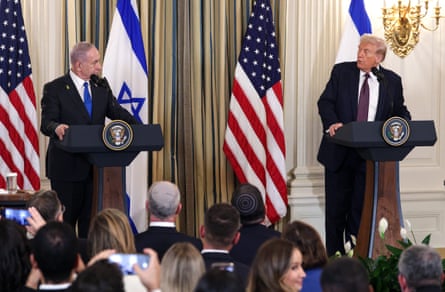
Announcing the $1tn investment promise, Prince Mohammed did not mention a timescale. Nor is it clear how many F-35 the US will sell to Riyadh. Several items on the summit agenda do not look as if they are coming to fruition any time soon, like a bilateral defence pact and a civil nuclear power agreement, which can be blocked by Congress.
The prospect of Saudi normalisation of relations with Israel under the Abraham Accords came up but was politely shelved by the crown prince. He made clear that normalisation would depend on a solid commitment to a Palestinian state, considerably more than the vague, conditional language in Monday’s security council resolution.
When it comes to Gaza and Palestine as a whole, Daniel Levy, the president of the US/Middle East Project and an analyst of the region, sees very little prospect of change.
“On the Palestinian file, there’s no joy at all, I would argue,” Levy said. “I think Israel has a very free hand. They’ve got the hostages out, and they’re still bombing Gaza.”
But in the bigger picture, he argued that when it comes to US policy in the Middle East, the more it changes, the more it stays the same.
“If you just strip away some of the particular stupidity of the Biden administration and add the familial self-interest of the Trump administration, and throw into the mix reactions to events and some of the excesses of Israeli overreach, I don’t think we’re seeing a fundamental reset,” Levy added.
US policy over the years has not essentially changed, he argued. “It is policy primarily driven by people with a very shallow understanding of the region essentially taking their cues from Israel and a smattering of rulers in the region.”
[Source: The Guardian]
